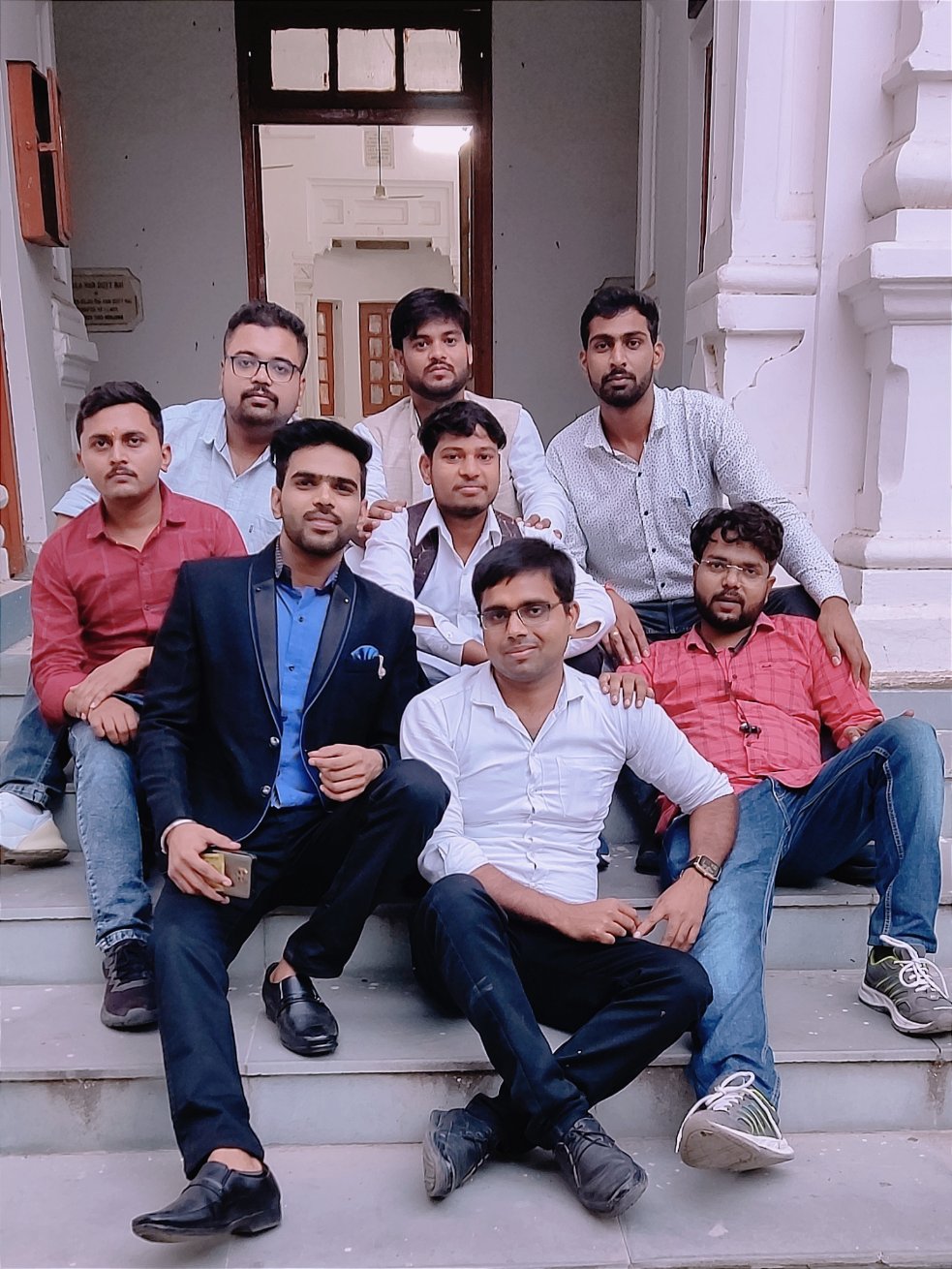Article 32 of the Indian Constitution: The Cornerstone of Fundamental Rights
Constitution important article 32 notes for upcoming exams, polity and law notes
Sarkari Vakeel provides you important notes of constitution and today topic is article 32. This article is very important for upcoming exam.
Introduction
Article 32 of the Indian Constitution is a cornerstone of the fundamental rights guaranteed to Indian citizens. Often referred to as the "Right to Constitutional Remedies," this provision empowers individuals to directly approach the Supreme Court of India for the enforcement of their fundamental rights. It is a crucial safeguard against any infringement on these rights by the government or any other entity.
Historical Context
To understand the significance of Article 32, we must delve into the historical context in which the Indian Constitution was framed. After gaining independence from British colonial rule in 1947, India embarked on the journey to draft its own Constitution. The framers of the Constitution recognized the importance of protecting fundamental rights, which were seen as the bedrock of a democratic and just society.
Heart and soul" of the Constitution
Dr. B.R. Ambedkar, the chairman of the Constituent Assembly's Drafting Committee, played a pivotal role in shaping Article 32. He viewed this article as the "heart and soul" of the Constitution because it provided a mechanism to ensure that the government remained accountable to the people.
Key Provisions of Article 32
Article 32 of the Indian Constitution lays out several key provisions:
- I. Right to Move the Supreme Court: Article 32 grants every citizen the right to move the Supreme Court by appropriate proceedings for the enforcement of their fundamental rights. This means that if an individual believes that their fundamental rights have been violated, they can directly approach the highest court in the land.
- II. Writs: The Supreme Court is empowered to issue five types of writs—habeas corpus, mandamus, prohibition, quo warranto, and certiorari—to enforce these rights. Each writ serves a specific purpose, such as ensuring the release of a person unlawfully detained or preventing a lower court or authority from exceeding its jurisdiction.
- III. Suspension of Article 32: Article 32 itself cannot be suspended except during a state of emergency declared under Article 352. Even then, the Constitution allows individuals to approach the Supreme Court for the enforcement of their fundamental rights, albeit with certain restrictions.
Significance of Article 32
- I. Protection of Fundamental Rights: Article 32 acts as a bulwark against any potential infringement on fundamental rights by the government or any other entity. It ensures that individuals have a direct and expeditious remedy to seek redressal for such violations.
- II. Judicial Activism: Over the years, the Supreme Court of India has used Article 32 to proactively protect and expand the scope of fundamental rights. Landmark judgments have been delivered on issues like the right to privacy, environmental protection, and gender equality, among others.
- III. Guardian of the Constitution: Article 32 empowers the Supreme Court to act as the guardian of the Indian Constitution. It enables the judiciary to keep a check on the actions of the executive and legislative branches, ensuring that they conform to the constitutional framework.
Challenges and Criticisms
While Article 32 is a powerful tool for safeguarding fundamental rights, it has also faced criticism. Some argue that the Supreme Court's extensive use of this provision has led to judicial overreach, creating a strain on the judicial system and delaying justice. There have also been concerns about the discretionary nature of writ jurisdiction and potential misuse.
Final Words
Article 32 of the Indian Constitution stands as a testament to the commitment of India's founding fathers to protect the fundamental rights of its citizens. It is a beacon of hope for those seeking justice and a critical instrument in ensuring that the government remains accountable to the people. While it may have its challenges, its importance in upholding the principles of democracy and justice cannot be overstated.
%20(1).png)






.jpg)
0 Comments
Thanks For Comment!